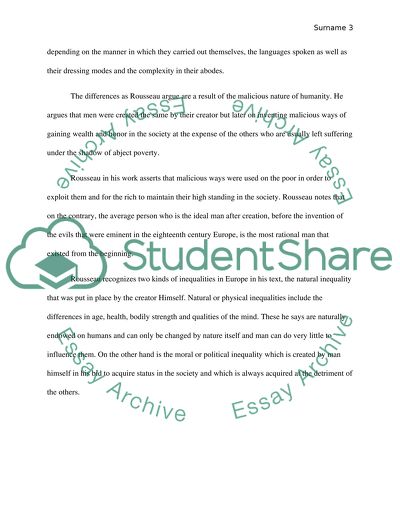Cite this document
(“Eighteenth century social order and values: An analysis of the Term Paper”, n.d.)
Retrieved from https://studentshare.org/history/1464769-what-vision-of-european-social-order-and-values
Retrieved from https://studentshare.org/history/1464769-what-vision-of-european-social-order-and-values
(Eighteenth Century Social Order and Values: An Analysis of the Term Paper)
https://studentshare.org/history/1464769-what-vision-of-european-social-order-and-values.
https://studentshare.org/history/1464769-what-vision-of-european-social-order-and-values.
“Eighteenth Century Social Order and Values: An Analysis of the Term Paper”, n.d. https://studentshare.org/history/1464769-what-vision-of-european-social-order-and-values.


